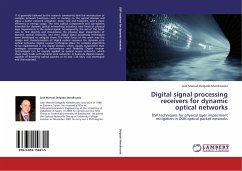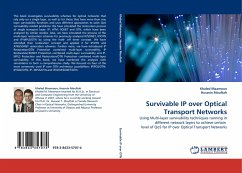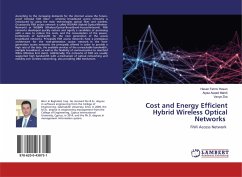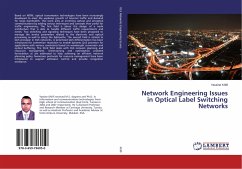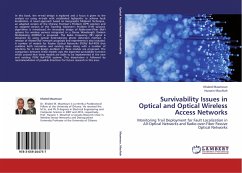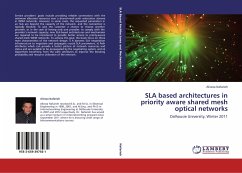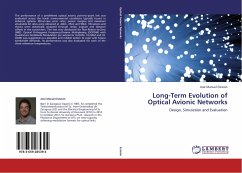IT IS generally believed by the research community that the introduction of complex network functions such as routing in the optical domain will allow a better network utilisation, lower cost and footprint, and a more efficiency in energy usage. The new optical components and sub-systems intended for dynamic optical networking introduce new kinds of physical layer impairments in the optical signal. Consequently, the aim of this book was to first identify and characterise the physical layer impairments of dynamic optical networks, and then digital signal processing techniques were developed to mitigate them. The initial focus of this work was the design and characterisation of digital optical receivers for dynamic core optical networks. Digital receiver techniques allow for complex algorithms to be implemented in the digital domain, which usually outperform their analogue counterparts in performance and flexibility. Digital receiver technologies can be equally applied to optical access networks, which share many traits with dynamic core networks. A dual-rate digital receiver, capable of detecting optical packets at 10 and 1.25 Gb/s, was developed and characterised.
Bitte wählen Sie Ihr Anliegen aus.
Rechnungen
Retourenschein anfordern
Bestellstatus
Storno

